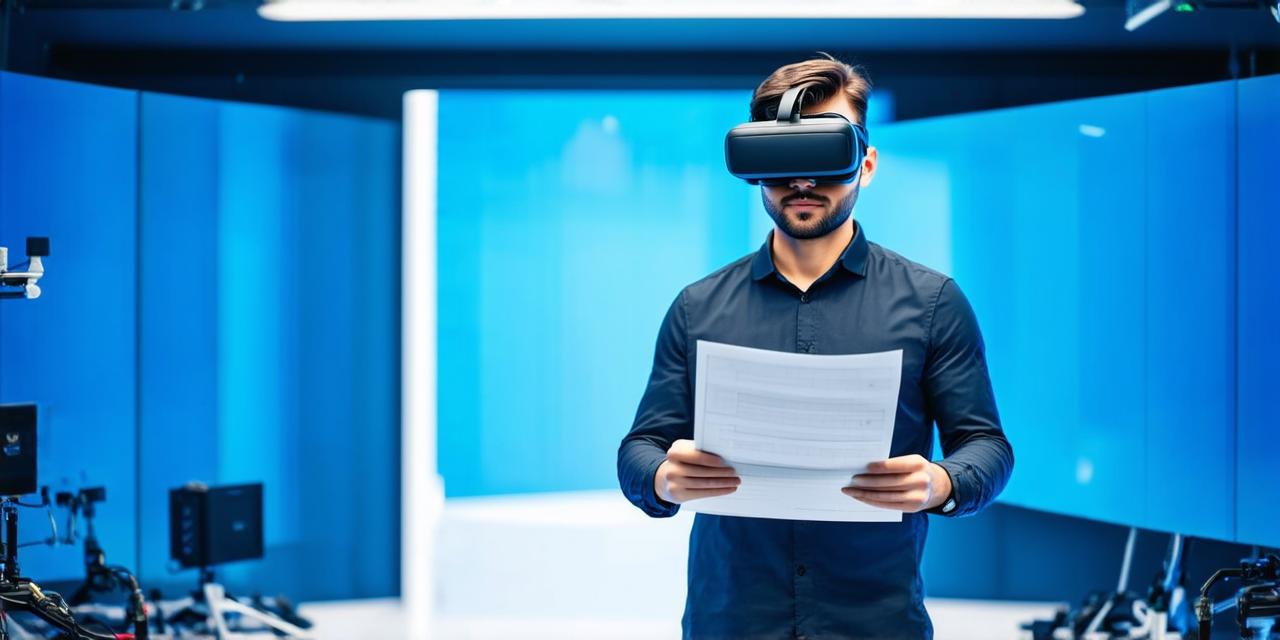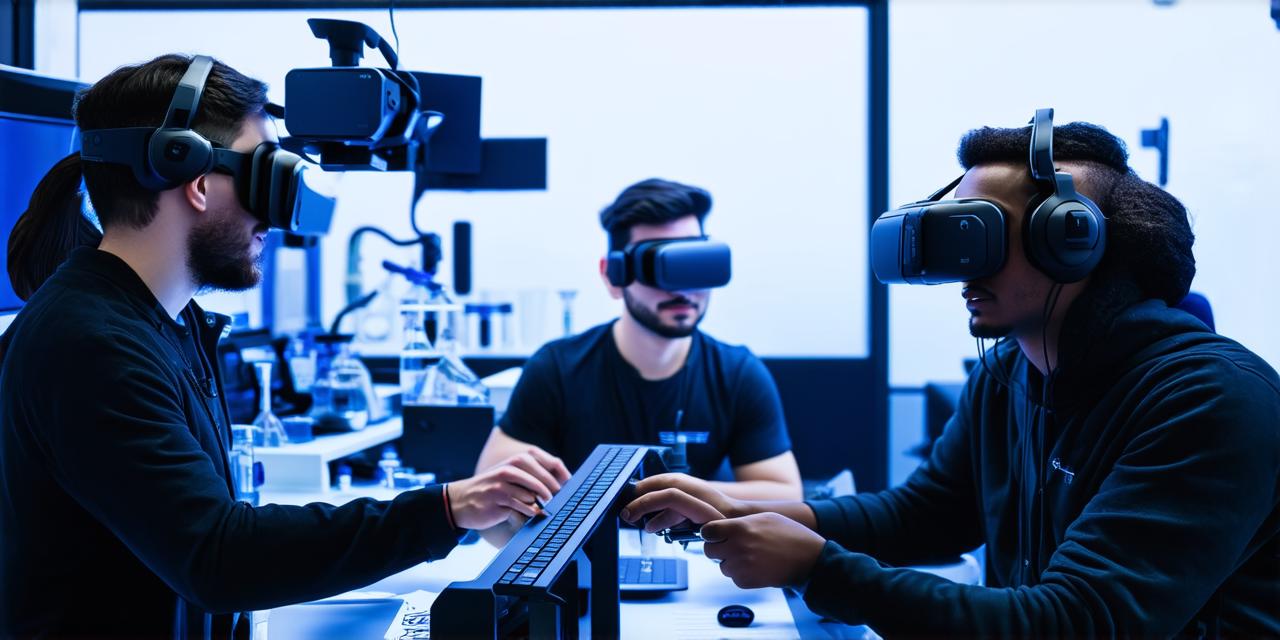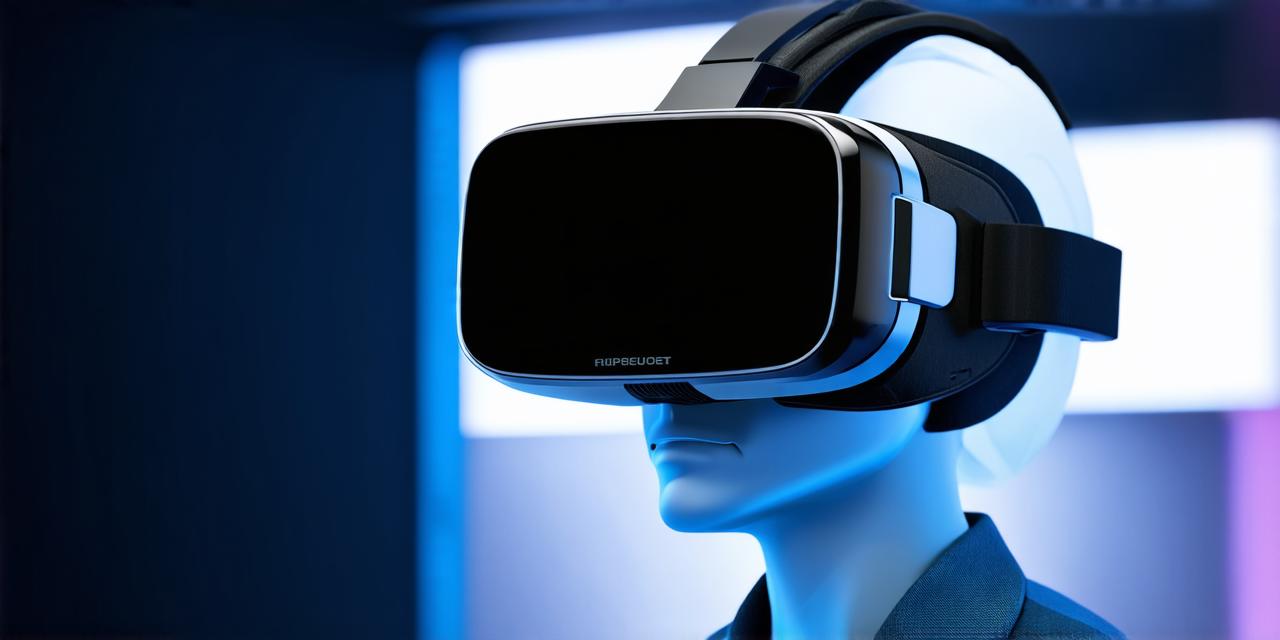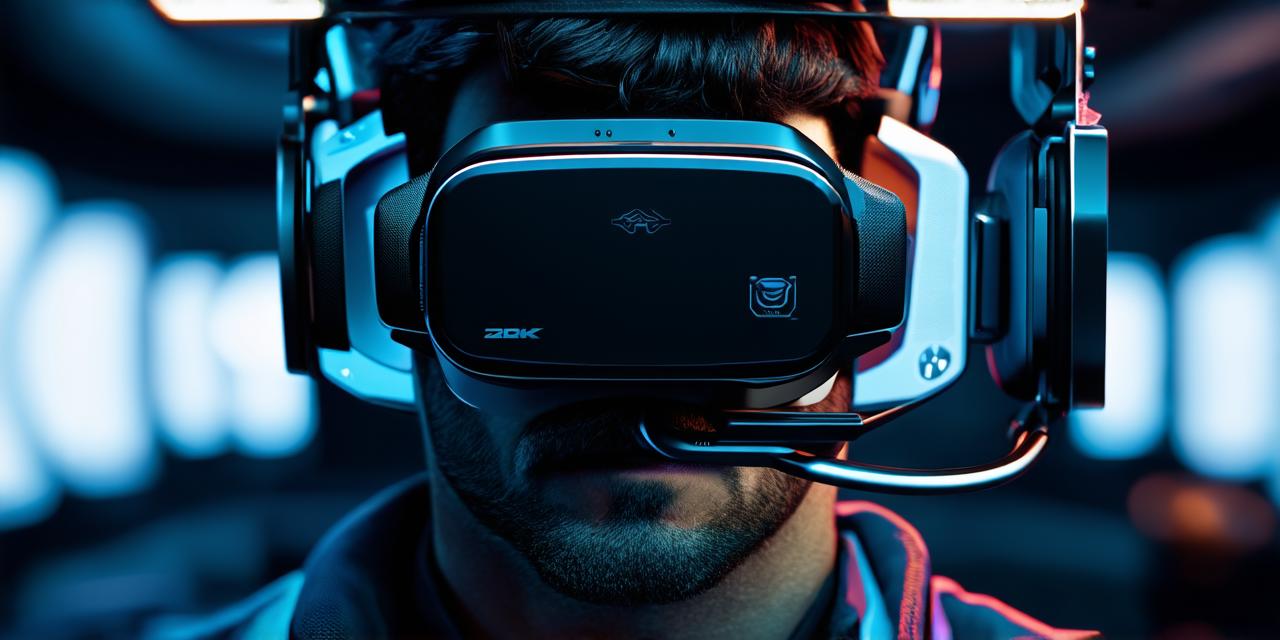Virtual reality (VR) technology has been rapidly advancing in recent years, and it’s no surprise that businesses are beginning to take advantage of this exciting new medium.
Improving Training and Education
One of the most obvious benefits of VR is its ability to provide a safe and controlled environment for training and education purposes. By simulating real-world scenarios, businesses can provide their employees with the opportunity to practice new skills and techniques without risking injury or damaging equipment.
This is particularly useful in industries such as healthcare, where hands-on training is essential for success.
For example, a medical student might use VR to practice surgical procedures, while a firefighter might use it to simulate a rescue operation. By using VR, these students and professionals can gain valuable experience without risking their own lives or the lives of others.
This can lead to more efficient and effective training, as well as a reduction in accidents and injuries on the job.
Improving Product Design and Development
Another key benefit of VR is its ability to help businesses design and develop new products and services. By creating immersive environments that simulate real-world scenarios, VR can provide designers and engineers with valuable insights into how their products will be used in the real world.
For example, an automaker might use VR to design a new car interior, testing different layouts and color schemes to see which one works best. By using VR, they can get feedback from potential customers without having to build physical prototypes, saving time and money in the process.
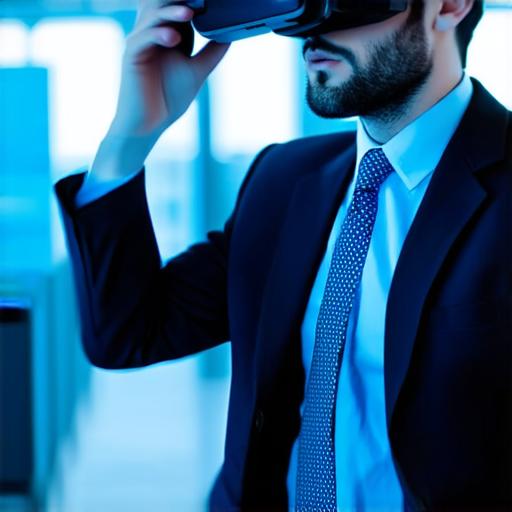
This can lead to more efficient product development and a faster time-to-market for new products.
Improving Customer Experience
Virtual reality can also be used to improve customer experience by providing businesses with the ability to create immersive environments that allow customers to experience their products or services in a whole new way. This can be particularly useful in industries such as real estate, where potential buyers might not be able to visit the property in person.
For example, a homebuyer might use VR to tour a property remotely, getting a sense of what it would be like to live there. This can help them make more informed decisions about which properties to consider, leading to a better customer experience overall.
Improving Marketing and Advertising
Virtual reality can also be used to create engaging and immersive marketing and advertising campaigns that can capture the attention of potential customers. By using VR, businesses can create interactive experiences that allow customers to engage with their products or services in a whole new way.
For example, a travel company might use VR to showcase different vacation destinations, allowing potential customers to explore each location virtually before making a decision about where to go. This can help businesses stand out from the competition and attract more customers overall.
Improving Collaboration and Communication
Virtual reality can also be used to improve collaboration and communication within businesses. By providing a shared virtual space, teams can work together in real-time, even if they are located in different parts of the world.
For example, a software development team might use VR to work on a project together, even if they are located in different parts of the world. By using VR, they can collaborate in real-time, share ideas, and make progress faster than they would be able to do otherwise.
Improving Customer Service
Virtual reality can also be used to improve customer service by providing businesses with the ability to create immersive environments that allow customers to get help and support in a whole new way.
